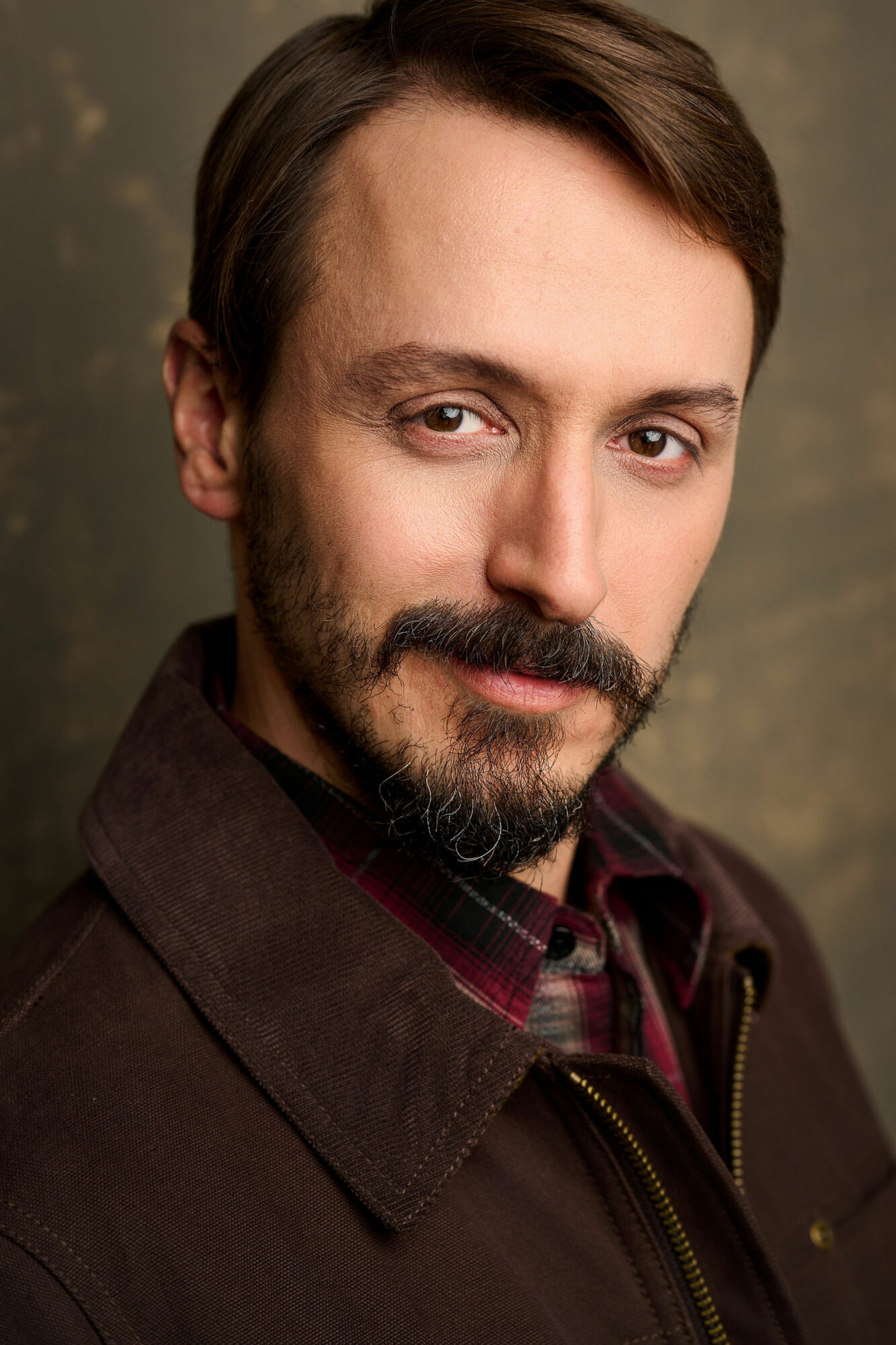

We’re looking forward to introducing you to Shadow C. LaValley. Check out our conversation below.
Shadow C., it’s always a pleasure to learn from you and your journey. Let’s start with a bit of a warmup: What do the first 90 minutes of your day look like?
“No two mornings are exactly the same for me, but they always begin with one constant: Bella.”
“The day starts with a walk — Bella needs to do her business,” actor Shadow C. LaValley says with a chuckle. “That usually takes about 10 to 15 minutes, and it gives both of us a chance to wake up and breathe in the day.”
What follows is a stretch of calm focus — a contrast to the fast-paced life of auditions, training, and content creation. Coffee is next, and if there’s an audition on the calendar, those early hours are prime time. “I’ve found that my mind is clearest in the morning, so I use that window for character work and memorization. It’s when the creative gears really click for me.”
If there’s no script to dive into, the rest of those first 90 minutes might be spent with a good book, reading a play, or checking in with the morning news — “Morning Joe” or CNBC, depending on whether the mood leans political or financial.
But not every morning is filled with words or screens. Sometimes, it’s just about silence.
“There are mornings when I sit in my Mom’s old rocking chair and do absolutely nothing but think,” he shares. “My life can be non-stop — one moment to the next — so when I get the chance, I sit in the quiet.”
That appreciation for stillness comes from his roots in the countryside of Central New York, where the Catskill Mountains framed every childhood view. “Growing up out there, you listened to the wind, the trees, the distant rhythm of nature. You learned to hear life without noise,” he reflects. “In the city, it’s harder to find that, but in the early morning, when the sun is just starting to rise, I try to return to that quiet — even just for a few minutes.”
It’s a morning rhythm that balances movement and meaning — a space to center before the chaos of the day begins.
Can you briefly introduce yourself and share what makes you or your brand unique?
“There’s no better way to introduce myself to the reader than to give them a glimpse into where I come from and what makes me tick. But I can guarantee you, it won’t be brief.”
Raised in the heart of Central New York, where the wilderness begins where your backyard ends, the Catskill Mountains weren’t just a scenic backdrop — they were a way of life. For Shadow, the outdoors didn’t represent escape, but a natural extension of home.
“In the Catskills, hiking in the woods wasn’t a weekend activity — it was just what you did,” he explains. “And you didn’t go in unprepared. With coyotes, bears, and other predators out there, you always carried a firearm. You didn’t question it — you respected it.”
That deep connection to nature, and the instinct for survival it demanded, forged the backbone of his brand: outdoorsman, firearms expert, and storyteller. His knowledge of firearms comes not from fantasy or fascination, but from necessity. “You learn early that a gun is a tool — and one with the power to take life. That understanding is missing in a lot of today’s conversations. Respect and education are everything.”
But while his roots run deep in the wilderness, his path has taken unexpected turns — including around high-speed corners. His experience as a NASCAR development driver gave him another pillar of his brand: precision. “I started racing karts in middle school — not amusement park go-karts, but machines that could hit 80+ mph,” he recalls. “Later, when I moved to Concord, North Carolina, I joined a NASCAR Truck Series team as a development driver. The idea was to learn the business inside and out — from the shop floor to the track. I did my training at Hickory Motor Speedway, where guys like Richard Petty and Dale Earnhardt got their start. That experience taught me how vital precision is at high speeds — one mistake, and it’s over.”
That same relentless discipline helped him make yet another pivot: into professional golf. “Golf and acting are surprisingly alike,” he says with a grin. “Both require daily commitment to a craft. You’re constantly working on mechanics, presence, and mindset.” Having played competitively in high school, Shadow stepped away from the game for years. But in recent years, he joined the Amateur Players Tour and rekindled his competitive fire. “It took time, but I found my swing again. It’s been a full-circle moment.”
That theme — reinvention, rediscovery, and resilience — runs through every part of his journey, especially in his acting career. A self-made actor with no formal training at the outset, he built his career from the ground up through community theatre, indie films, and trial by fire. “Nobody tells you what to do when you start. You figure it out — by doing it wrong, fixing it, and doing it better the next time.”
It’s that hands-on, boots-on-the-ground approach that eventually led him to filmmaking as well. What started as a necessity during the pandemic — when auditions dried up and productions halted — turned into a new calling. “If I wanted to keep working, I had to create my own content,” he explains. “That forced me to learn every side of the business — camera, lighting, editing, sound, directing. And now, when I step on a set, I’m not just an actor waiting for direction. I understand the full ecosystem of a production, which makes me better at what I do.”
From backcountry trails to racetracks, golf greens to film sets, Shadow C. LaValley isn’t following a traditional career path — and that’s exactly the point. His story isn’t one of reinvention, but expansion. He’s not leaving parts of himself behind; he’s carrying them all forward.
“I’m a storyteller at heart,” he says. “And whether that story plays out behind the wheel, in the woods, on a golf course, or on a soundstage — I bring all of it with me.”
Amazing, so let’s take a moment to go back in time. Who saw you clearly before you could see yourself?
For many artists, self-belief comes slowly — often long after others have already seen the spark. That’s been the case for actor and multi-hyphenate creative Shadow C. LaValley, whose journey has been shaped, in part, by those who recognized his potential long before he did.
“From childhood to even just a few months ago, I’ve had people see something in me — something I wasn’t fully ready to see in myself,” he says.
Growing up in the quiet woods of Central New York, it was two foundational women who first held the mirror up: his Grandmother, Mimay, and his Mom. “They believed in me from day one,” he reflects. “They didn’t know where my passions would lead — whether it was racing, golf, or the arts — but they backed me at every turn. They let me explore, try, fail, and find myself.”
That encouragement continued into high school, when choir and music teachers, Meredith and Paul Hudson, became pivotal figures. It was Meredith who approached his Mom during his senior year and asked if he’d consider playing Will Parker in the school’s first-ever musical production of “Oklahoma!”
“I was hesitant — I was this small, introverted kid — but Mom said, ‘This is your final semester. Go out with a bang.’ So, I said yes.” That yes became a turning point. The stage, the character, the energy — it clicked. What began as a leap of faith ended up becoming a passion that would later take him to Hollywood.
“Looking back now, that moment feels like the true beginning,” he says.
Even today, Shadow continues to be supported by people who often see more potential in him than he sees in himself. Chris Roe and Karen DeGennaro of Chris Roe Management — the talent management team that represents him — recently suggested an acting class to him located on Santa Monica Boulevard to keep honing his craft. That class — the Gloria Gifford Conservatory — became another game-changer.
“Gloria is a force. Her insight comes from decades of experience, and she has this ability to reveal layers of the craft that I only partially understood. Being in that room has shifted everything for me,” he shares.
And then there’s Shaneira — his girlfriend, partner, and, as he puts it, “the one who surprised me the most.”
“She’s shown up in my life at such a crucial time and offered this love and belief that goes deeper than anything I’ve known. She sees me. The real me. Her support has brought me a kind of hope and emotional grounding I honestly didn’t think was possible.”
Looking back, the thread is clear: others have believed — and that belief has become a foundation for growth.
“Because of these incredible people — and so many more — I’ve been able to keep going. To keep building. To keep becoming. I do what I do not just for myself, but because they saw me… even when I couldn’t.”
What have been the defining wounds of your life—and how have you healed them?
Wounds have a way of defining us. For some, they anchor us in the past — dragging us down, holding us back. For others, they become turning points, pushing us to rise above the pain, the mistakes, and the heartbreak to find something more meaningful on the other side.
For Shadow, it was the latter.
“In my early twenties, I went through something that completely reshaped my life — and almost ended it,” he shares.
At just 21, he was engaged to a woman ten years his senior. The couple soon learned they were expecting a daughter, only to be told there was a 95% chance she would be born with Turner syndrome — a genetic disorder that affects females by altering or completely missing one of their X chromosomes.
“I remember thinking, what if she falls into that 5%? What if the doctors are wrong?” he says. “At the time, I had left my job, left my family behind in Central New York, and was all-in on starting this new life. But just when it all felt like it was coming together, it completely unraveled.”
The engagement ended. The pregnancy was terminated. And in the aftermath, more devastating truths came to light — including the possibility that the child might not have even been his. “That period in my life sent me into a tailspin — emotionally, mentally, and physically,” he admits. “I spiraled into alcoholism, deep depression, and eventually attempted suicide in July of 2008. The only thing that kept me alive that afternoon, strangely enough, was being too drunk to follow through.”
That deeply personal experience became the emotional blueprint for his short film “The Can,” which explores the inner struggles of a character named Will — a reflection of the darkness he once lived through.
But rock bottom wasn’t the end of his story.
Later, he returned to Central New York to help his Mom care for his beloved grandmother, Mimay, during her final years. During that time, he found solace in an unexpected place — NCIS, which his Mom and Mimay watched religiously.
“I saw myself in Mark Harmon’s character, Leroy Jethro Gibbs,” he explains. “He had lost a child too — under very different circumstances — but the grief, the alcoholism, the loneliness, the suicidal thoughts… it all felt familiar. But what struck me most was how Gibbs took that pain and used it as a force for good. That became a turning point for me.”
Inspired by Gibbs, and by the perspectives of his Mom and Mimay, Shadow began a personal reconstruction — tearing down the beliefs, habits, and mindset that no longer served him and replacing them with something stronger, more grounded, more intentional.
“It wasn’t easy. Nothing about that kind of transformation is,” he says. “But it taught me how to take the worst moments of my life and reshape them into something purposeful. Life is messy. It’s ugly. It’s not fair. But that doesn’t mean we have to be victims of it. We can learn from the wreckage.”
In the years since, he’s continued that process of reshaping — in his art, his relationships, and his outlook. The pain never fully disappears, but it no longer defines him.
“It’s a part of me, but it’s not all of me. That experience didn’t break me. It built me.”
I think our readers would appreciate hearing more about your values and what you think matters in life and career, etc. So our next question is along those lines. What’s a belief or project you’re committed to, no matter how long it takes?
Some stories are built over years — others arrive in an instant.
For actor and filmmaker Shadow C. LaValley, the idea for his most ambitious project yet came from a single, vivid dream. Within just a few months, that dream became a fully realized screenplay — a two-part feature film titled “Roadrunner Part I” and “Roadrunner Part II.”
“I had this dream that just wouldn’t let go,” he recalls. “It involved time travel, space travel, and this deeper question about how our life events are actually created. It was more than just a sci-fi concept — it felt personal, like something I needed to write.”
And write he did. In just two to three months, the story took shape — not only as a high-concept adventure, but as a deeply personal narrative grounded in his own family history. Using real hometowns, family lore, and emotional touchstones, Shadow infused the story with pieces of his past, making Roadrunner Part I and Part II as much a tribute to legacy as it is a cinematic journey.
“Anyone can write characters and plot,” he says, “but I wanted this story to carry a part of me. When I read through the finished script, I see my family’s legacy in there — the places, the people, the struggles, the dreams. That’s what makes it more than just a screenplay. It’s a piece of my soul on the page.”
Currently in the pitch presentation phase, Roadrunner Part I and Part II marks the first entry of what he envisions as a trilogy. The scale is big, the story layered, and the commitment total. “I’m all in,” he says without hesitation. “No matter how long it takes, I believe in this project completely.”
To learn more about “Roadrunner Part I” and “Roadrunner Part II” or explore partnership and development opportunities, interested parties can reach out to his literary manager, Beverly Brock of The Brock Agency.
Okay, we’ve made it essentially to the end. One last question before you go. What is the story you hope people tell about you when you’re gone?
After losing his Dad to cancer, actor and filmmaker Shadow C. LaValley found himself confronting the deepest of questions — not just about grief, but about legacy.
“When someone you love passes, especially a parent, it forces you to take a hard look at your own life,” he says. “I started thinking about how I want to be remembered. What story will be told about me when I’m gone?”
What he hopes people will see is a life lived without half-measures — a journey defined by relentless drive, grit, and a refusal to accept limits. “I want the story of my life to be about pushing boundaries — physically, emotionally, professionally. A life of effort and endurance. Of never backing down.”
That theme of endurance is a thread that weaves through nearly every chapter of his life — from cross-country drives to acting gigs, race teams and much more. Take, for example, the moment he learned his Dad’s cancer had returned. Without hesitation, he jumped in his car and drove from Los Angeles to Central New York in just 53 hours, stopping only once overnight in Lincoln, Nebraska.
“I needed to get home—simple as that. Waiting for the next flight, updating Bella’s vaccinations, finding a kennel… none of that was an option,” he says. “So I packed the essentials, grabbed Bella, and took off. That’s how I’ve approached everything in life—when it matters, I show up. Period.”
That mindset isn’t new. Years earlier, while working second shift at a factory in Central New York, he was also part of a NASCAR Truck Series team in North Carolina. Almost every Friday night in the summer months of 2007, as soon as he clocked out, he’d make the 12-hour drive to Hickory Motor Speedway, do his initial work at the racetrack for that weekend’s race, and then drive to the hotel — often staying awake for 36 hours straight.
Later, as his acting career began to take shape, that same level of commitment followed. When cast in several episodes of the CBS series “Bull,” he was living in Central New York — and working third shift at a restaurant. On multiple occasions, Shadow would clock out of the restaurant in the early morning hours, drive to New York City, worked the scene on set, then drive straight back.
“Sometimes I’d be up for 42 hours. Hotels were too expensive, and I couldn’t afford to miss work,” he recalls. “But the opportunity meant something to me, so I made it happen. I always found a way.”
One of his most defining “push-the-limit” moments came in pursuit of a role in Showtime’s “Escape at Dannemora,” directed by Ben Stiller. With three open casting calls — in Pittsburgh, New York City, and Plattsburgh — he chose Plattsburgh. Why? Because he could get there faster.
“I worked the night shift, jumped in the car that morning after clocking out, and drove 4-5 hours to be there an hour early to the casting call,” he says. “I was one of the last actors to audition that day.” That hustle paid off: he got a call saying Ben Stiller had watched his audition tape and wanted to cast him. The role earned him his SAG-AFTRA eligibility — and marked a major milestone in his career.
Stories like these aren’t outliers for Shadow C. LaValley. They are the rule. His journey is defined not by luck or connections, but by sheer force of will.
“I’ve made mistakes. I’ve had highs and lows. But through it all, I’ve never stopped pushing. When I’m told it can’t be done, I find a way to do it anyway,” he says. “That’s the story I want told when I’m gone. That I lived full throttle — and never gave up.”
Contact Info:
- Website: https://www.imdb.com/name/nm4553850/
- Instagram: https://www.instagram.com/shadowclavalley/ (@shadowclavalley)
- Linkedin: https://www.linkedin.com/in/shadow-c-lavalley-a9383a46/
- Facebook: https://www.facebook.com/shadowclavalleyofficial
- Youtube: https://www.youtube.com/@shadowclavalleyofficial
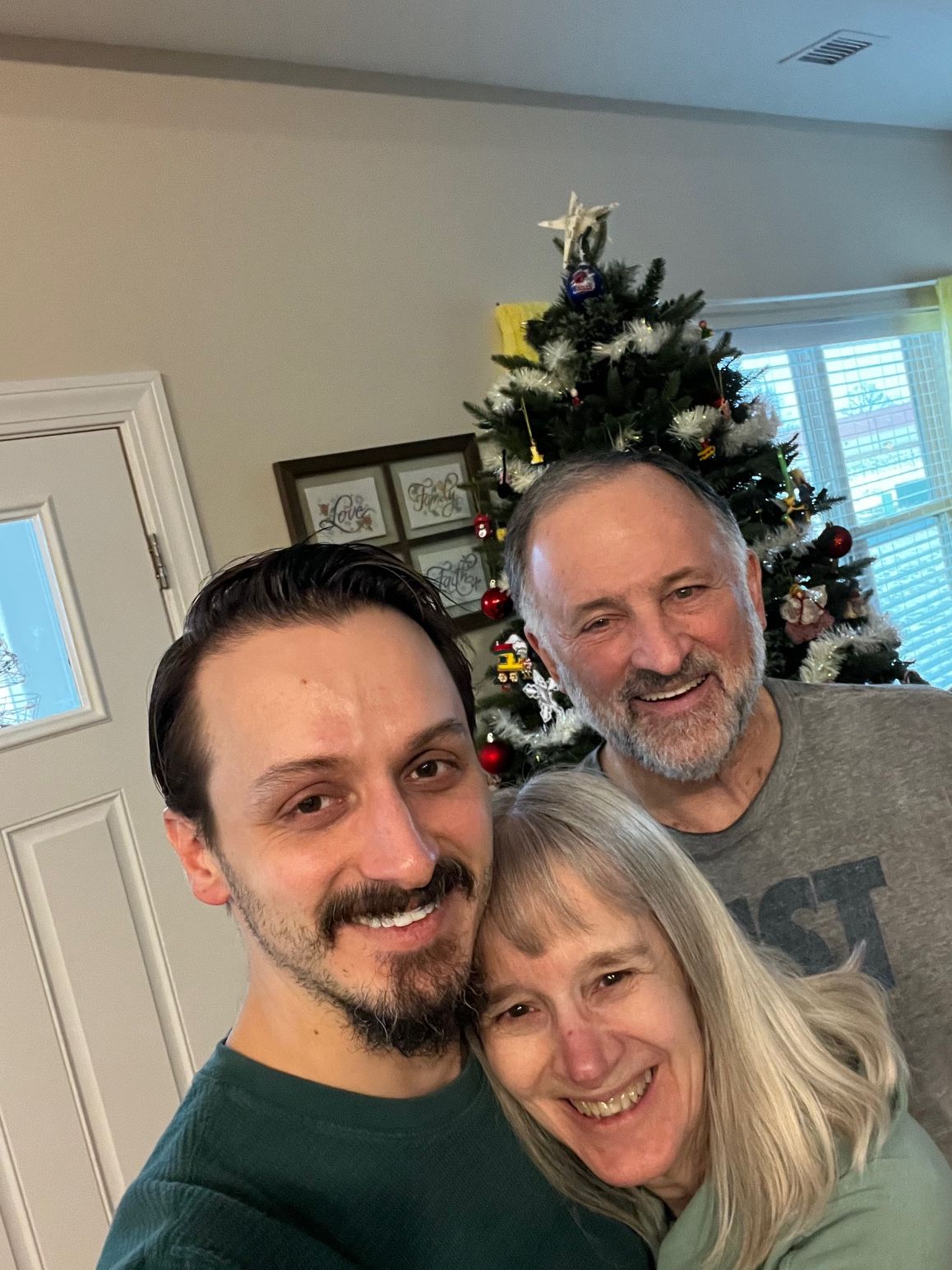
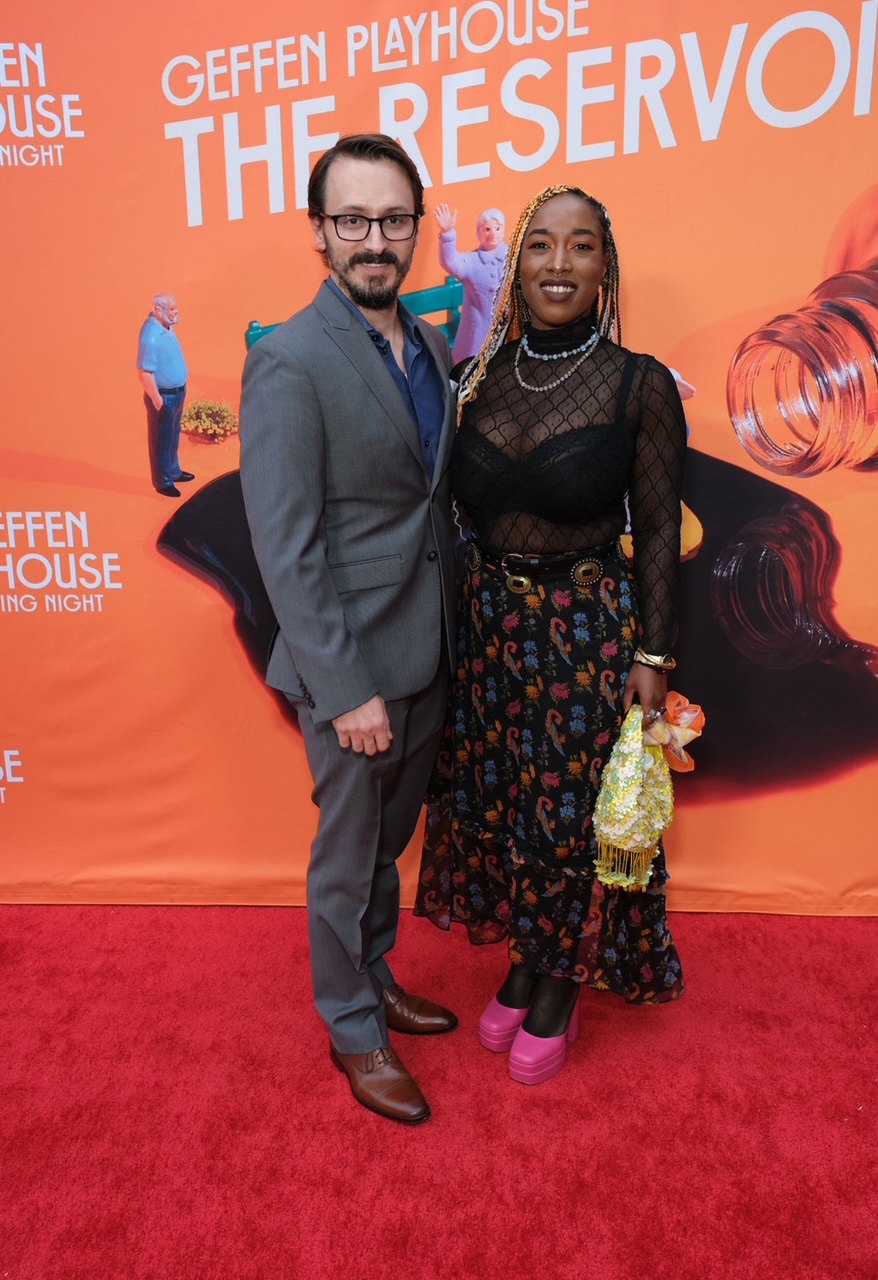
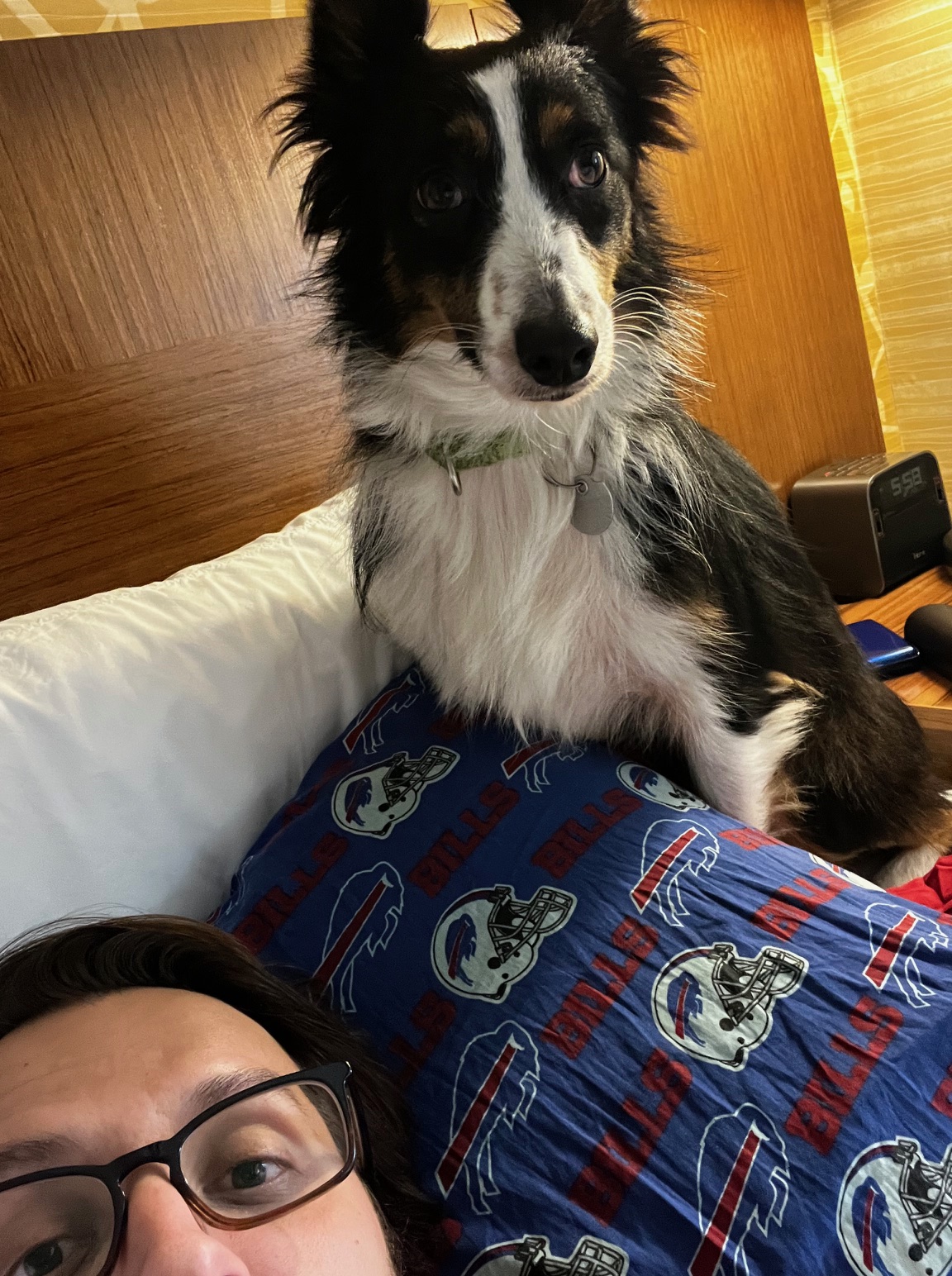
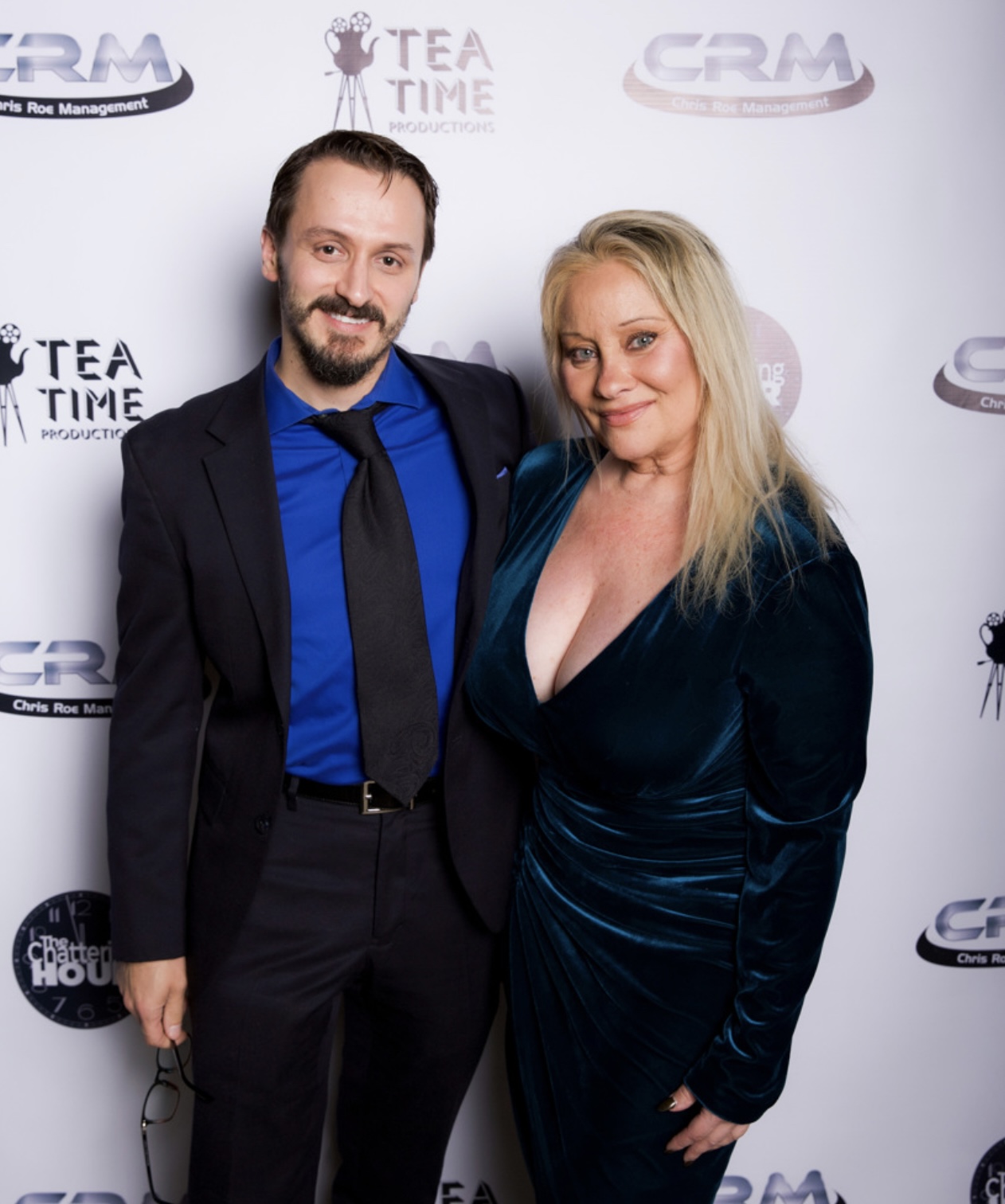
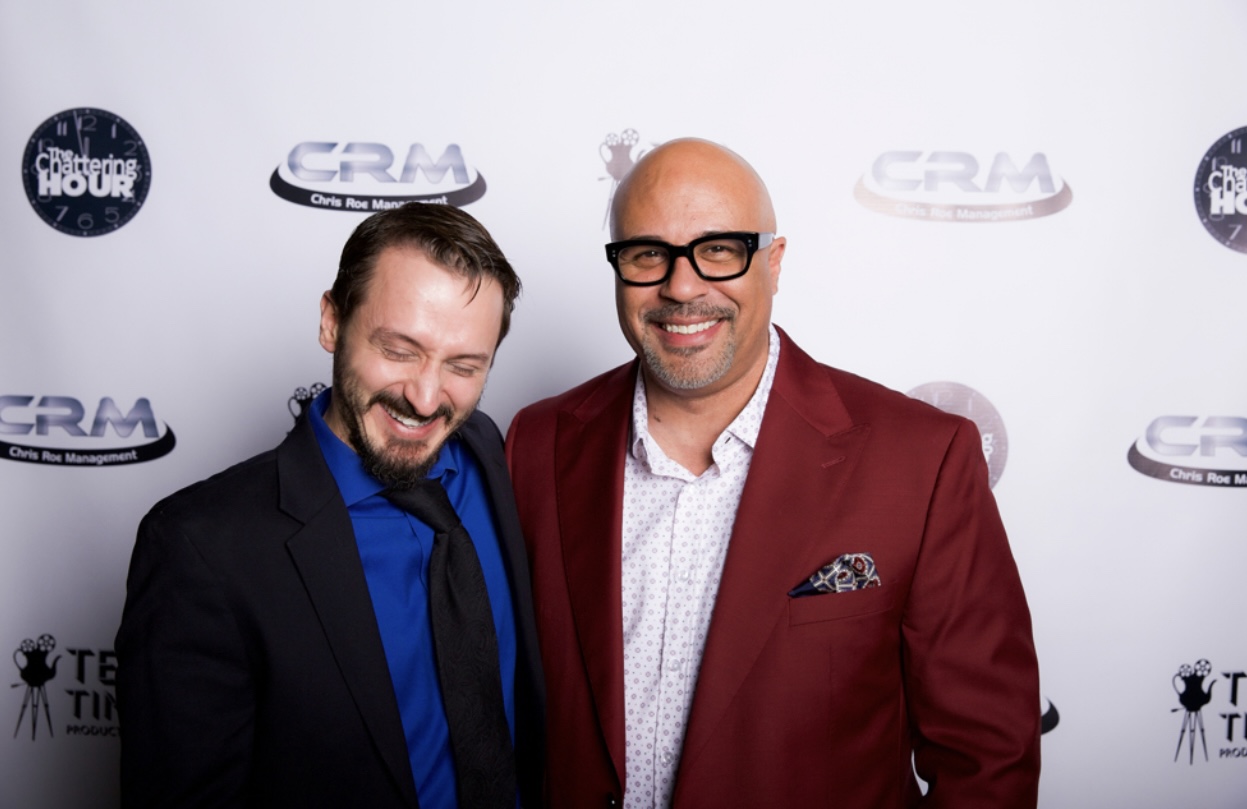
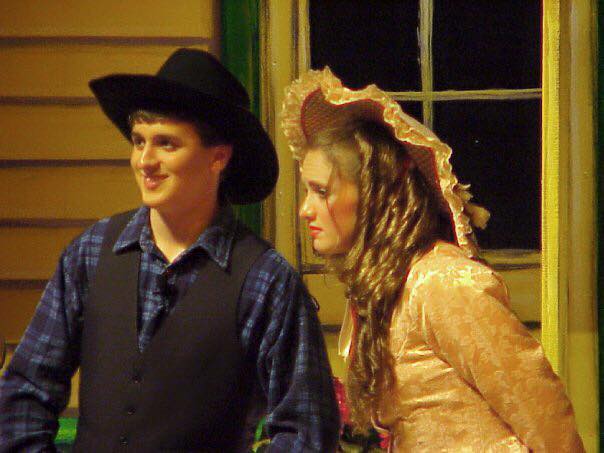
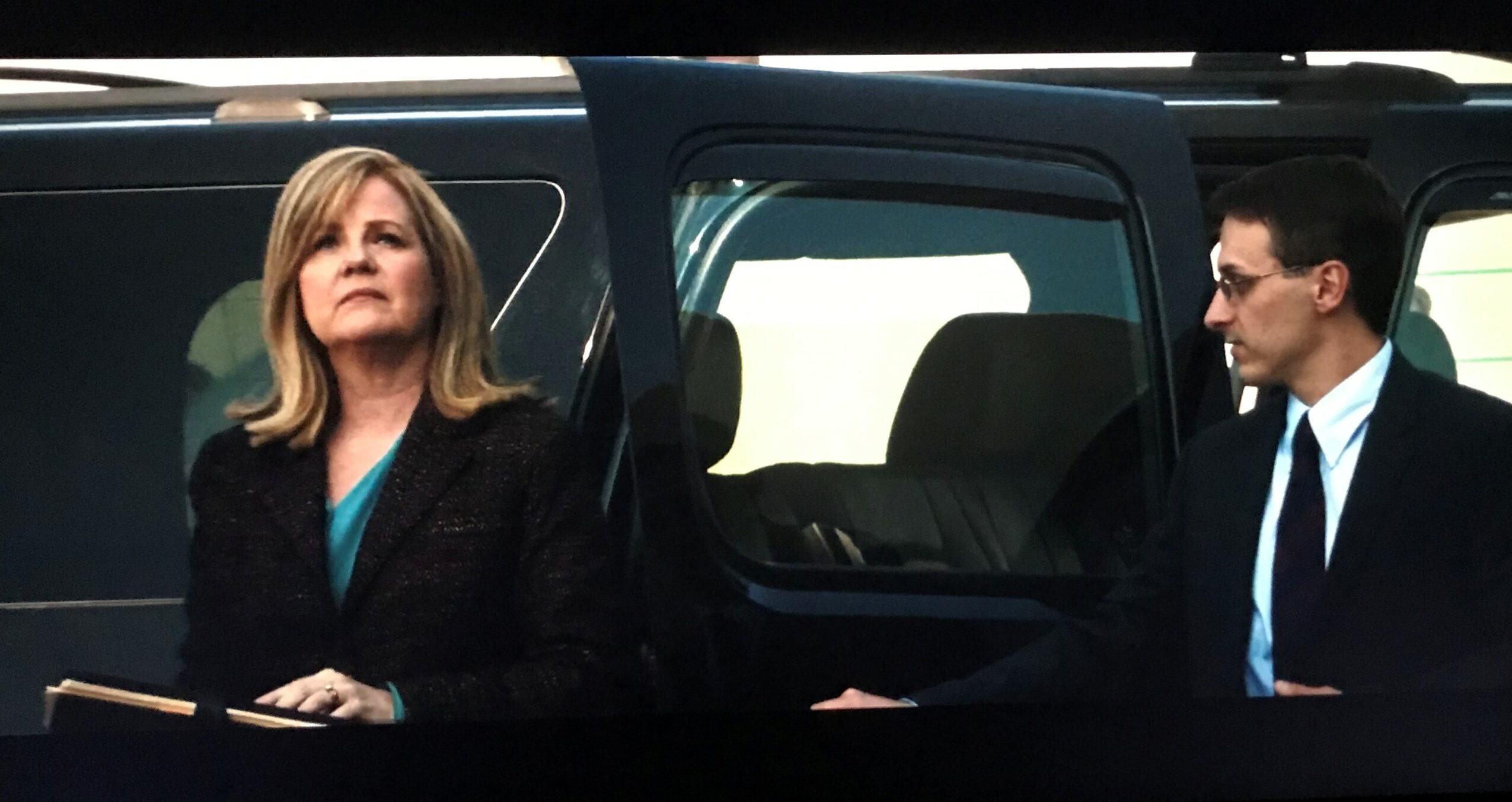
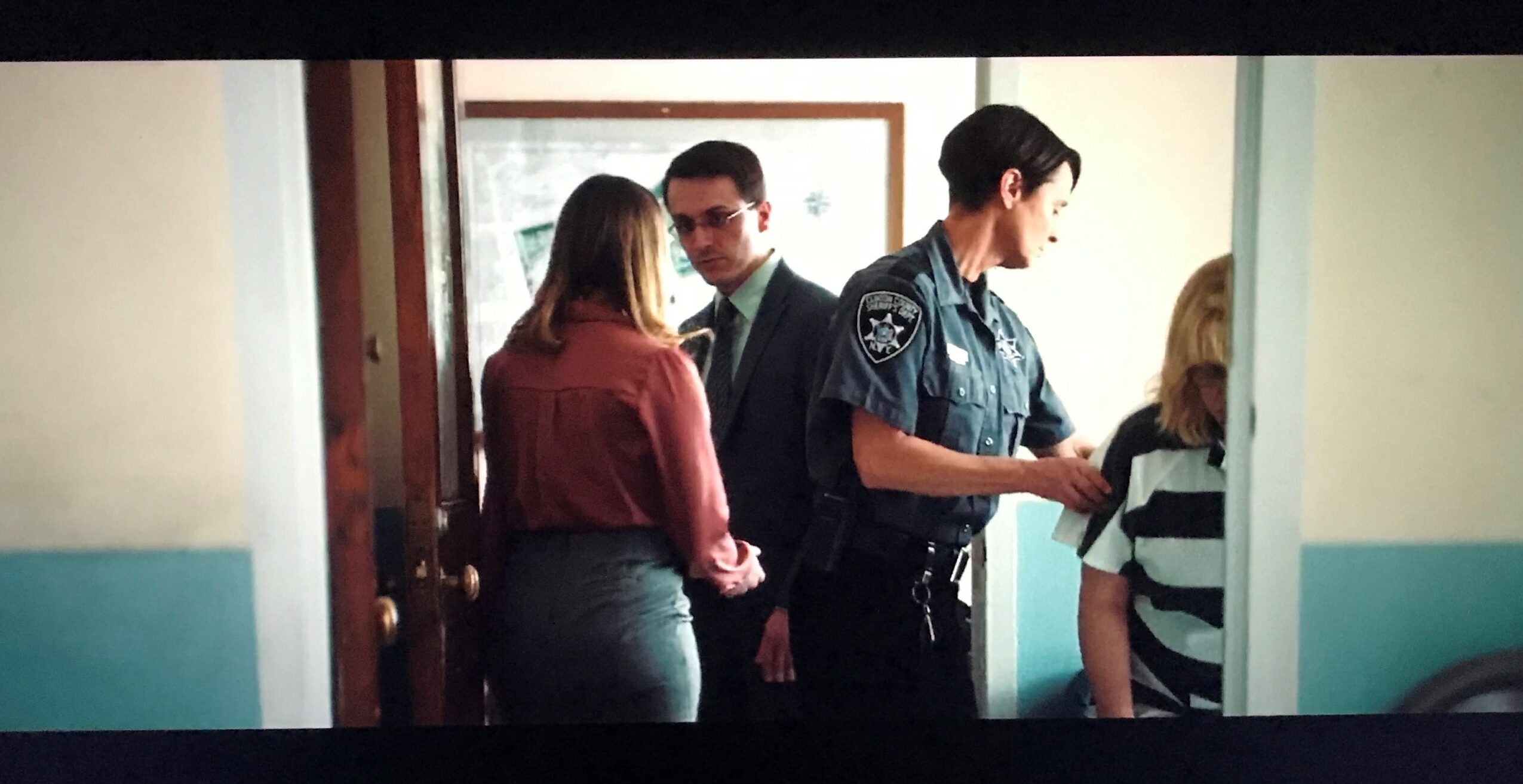
Image Credits
Bella SaVille Photography
The Geffen Playhouse
Bart Mastronardi Photography
Meredith & Paul Hudson
Red Hour Films














